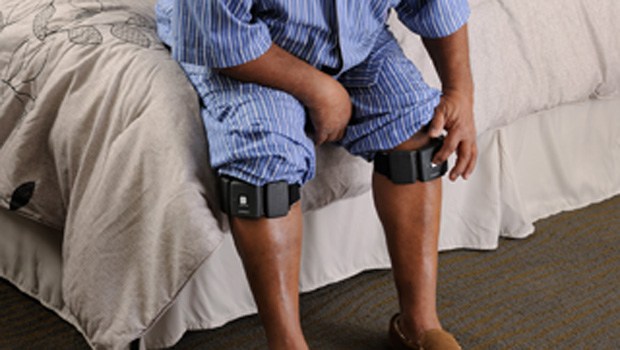Fecal Pills to Fight Obesity and Insulin Sensitivity?

An upcoming Mass General Hospital study will test the use of stool transplants to change the stomach’s bacterial composition and improve metabolism and insulin sensitivity. The study will be led by Elaine W. Yu, a professor of endocrinology and medicine. The transplant will be done in pill format, with patients swallowing capsules of feces from screened donors.
That’s right – the patients will be taking poop pills.
The process may seem a bit hard to swallow, but the research information claims the feces will be freeze-dried and the pills double-encapsulated to ensure they stay closed until they reach the small intestine. Additionally, donors will be screened to make sure they, and their contribution to the study, are as healthy as possible.
The fecal transplant process, officially called Fecal Microbiota Transplant, or FMT, aims to replace the bacteria in the digestive system with more effective bacteria, according to a Washington Post report. The goal of the new study is see if the treatment can be a step towards fighting obesity and diabetes. The study, which starts in March, will treat 21 obese patients for three to 12 months.
Scientists have known for years that the human stomach is affected by the bacteria that reside in it. The gut’s bacterial makeup, or microbiome, includes thousands of strains of bacteria that help digest food, control metabolism, strengthen the immune system, and even affect mood and behavior. According to a study by the American Society for Microbiology, the human body is made up of ten times more bacteria than cells, and changes in these bacteria can account for a host of medical issues.
The treatment has been shown to lower obesity in mice in a study that Sean Davis, assistant professor of pharmacology at Vanderbilt University, published in Journal of Clinical Investigation. According to a report in Medical News Today, the study found that mice given a modified strain of a bacterium that colonizes in the human stomach, Escherichia coli, decreased food intake and body fat. This study focused on just one of the many strands of bacteria found in the human stomach.
A second study, also reported on in Medical News Today, looked at the microbiome of sets of twins and concluded that genetics has a hand in the makeup of a person’s microbiome. The research shows that obesity may not be solely dictated by diet and lifestyle, but instead has a genetic component based off a person’s bacterial presence in their gut. The study concluded that “microbes living in our gut could be protective against obesity – and that their abundance is influenced by our genes,” according to lead researcher Professor Tim Spector, head of the Department of Twin Research and Genetic Epidemiology at King’s College London.
Understanding the underlying causes of metabolic disorders can be life-changing. Dr. Yu’s upcoming study could be a big step in understanding how microbiomes affect obesity and insulin resistance. It could even help shed light on new treatment options that could be more effective than diet and exercise alone. The future of obesity treatment could see a trimmed waist with waste, but it’s too early to tell if this treatment will work yet. For now, we should leave the research to the doctors and patients willing to do the dirty work.




